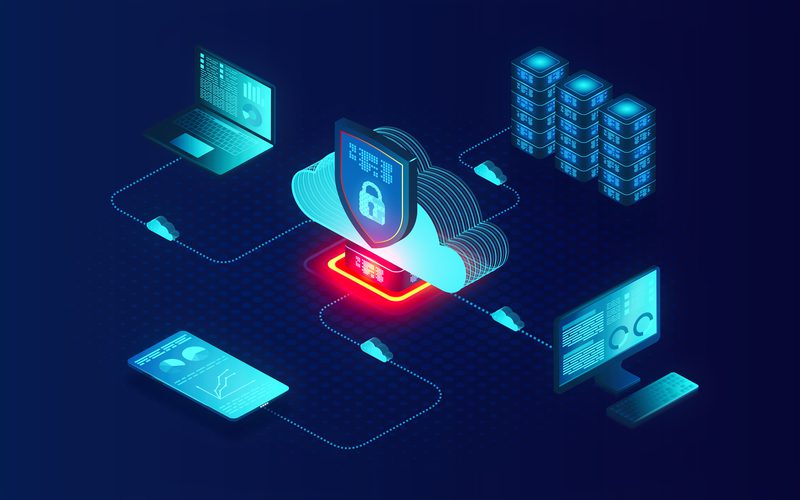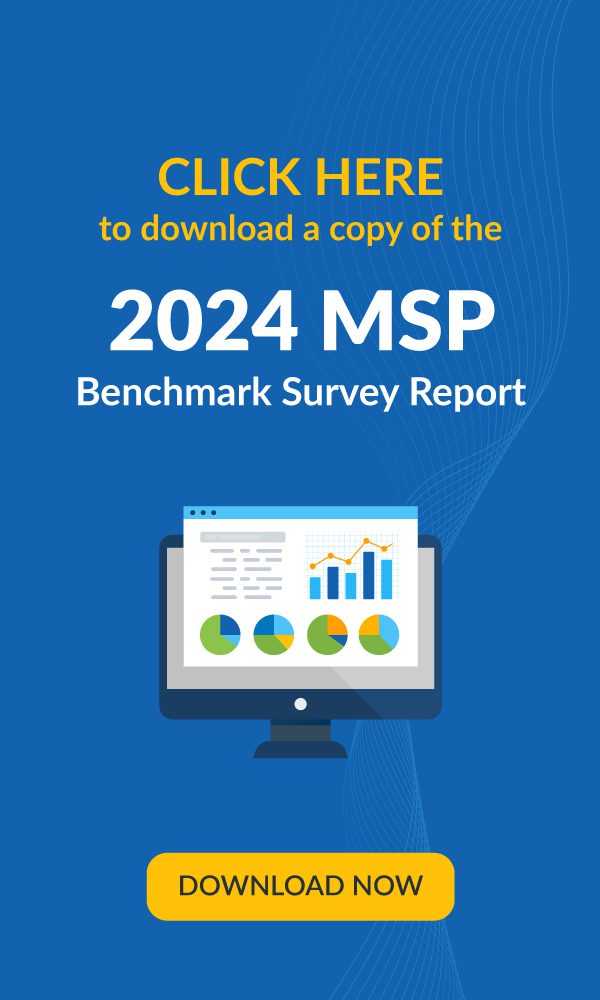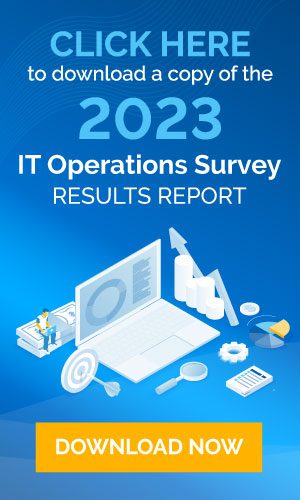Every organization must adhere to industry standards and regulations relevant to their industry. Violating these regulations could lead to heavy penalties or, in the worst-case scenario, shutting down of the business.
Most industry regulations deal with the electronic storage and transfer of customer data. As organizations grow, so does their volume of data, bringing with it the constant effort to comply with the regulations.
Companies, therefore, need to create compliance reports, either as a part of an audit requested by regulatory agencies or for their own reference, so as to not violate standards.
What Is Compliance Reporting?
Compliance reporting is the process of presenting information to auditors that show that your company is adhering to all the requirements set by the government and regulatory agency under a particular standard. It is often the IT department’s responsibility to generate these reports.
Compliance reports typically include information on how customer/company data is dealt with – how it is controlled or protected, obtained and stored, and how it is secured and distributed internally and externally.
Compliance is a never-ending journey, and as standards evolve, so do the reporting requirements. Many companies use compliance reporting tools that generate the necessary reporting to meet the requirements of various compliance bodies that they deal with.
Why Is Compliance Reporting Important?
As mentioned earlier, compliance reporting is important for businesses that regularly deal with the collection and storage of people’s personal and sensitive data. With regulatory requirements constantly changing, industry experts advise that compliance be integrated into business strategy and processes. Furthermore, companies should review their business processes to evaluate compliance risks at least once a year and keep up with changing laws and regulations.
Failing to comply not only leads to hefty penalties in some cases, but might also damage the reputation of a business, leading to loss of customers.
Which Industries Require Compliance Reporting?
Some regulations and the industries to which they apply are as follows:
| Standards and Regulations | Industry | Brief Description of the Regulation |
|---|---|---|
| Health Insurance Portability and Accountability Act (HIPAA) | Healthcare | The HIPAA Privacy Rule establishes national standards to protect individuals’ medical records and other personal health information. It applies to health plans, healthcare clearinghouses, and those health care providers that conduct certain healthcare transactions electronically. The HIPAA Security Rule requires appropriate administrative, physical and technical safeguards to ensure the confidentiality, integrity and security of electronically protected health information. |
| Payment Card Industry Data Security Standard (PCI DSS) | Retail, financial institutions, any business or organization that processes, stores or transmits credit card information | The PCI Data Security Standards set the operational and technical requirements for organizations accepting or processing payment transactions, and for software developers and manufacturers of applications and devices used in those transactions. |
| General Data Protection Regulation (GDPR) | Any business that has customers in the European Union (EU) | Europe’s data privacy and security law imposes regulations on organizations regardless of where they are based, as long as they target or collect data related to people in the EU. |
| National Institute of Standards and Technology (NIST) | Communications technology and cybersecurity | The NIST Cybersecurity Framework integrates industry standards and best practices to help organizations manage their cybersecurity risks. |
| California Consumer Privacy Act (CCPA) | Any business with customers in the state of California | The California Consumer Privacy Act of 2018 (CCPA) gives consumers more control over the personal information that businesses collect about them. |
What Are the Benefits of Automated Compliance Reporting?
In small and midsize businesses with limited IT staff and an increasing number of employees working remotely, maintaining compliance using manual processes can be very difficult. It’s more likely to increase the risk of a regulation breach due to human error or bad data.
Automating compliance reporting involves automated data collection and report generation that adheres to the requirements of a given standard. It standardizes the reporting practices for all the departments in the organization to follow, thereby increasing speed, accuracy and efficiency of the process. Moreover, it also provides valuable business insights with regularly generated analytics.
You can leverage tools like Kaseya Compliance Manager, a compliance automation platform that:
- Streamlines data collection
- Identifies and prioritizes risks
- Provides remediation plans and
- Automatically generates the required documentation
Kaseya Compliance Manager helps you maintain and prove compliance for HIPAA, GDPR, NIST and Cyber Liability Insurance.
Learn more about Kaseya Compliance Manager by downloading the product brief here.




